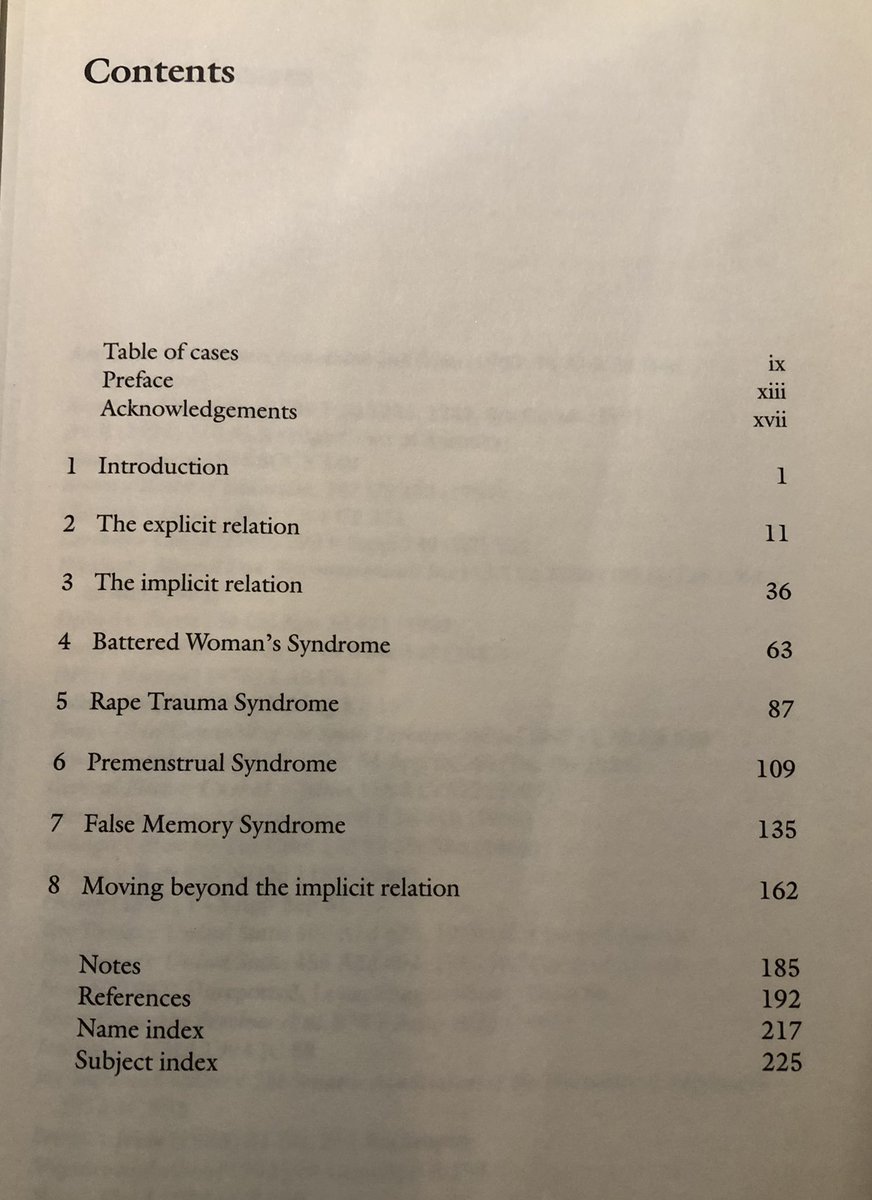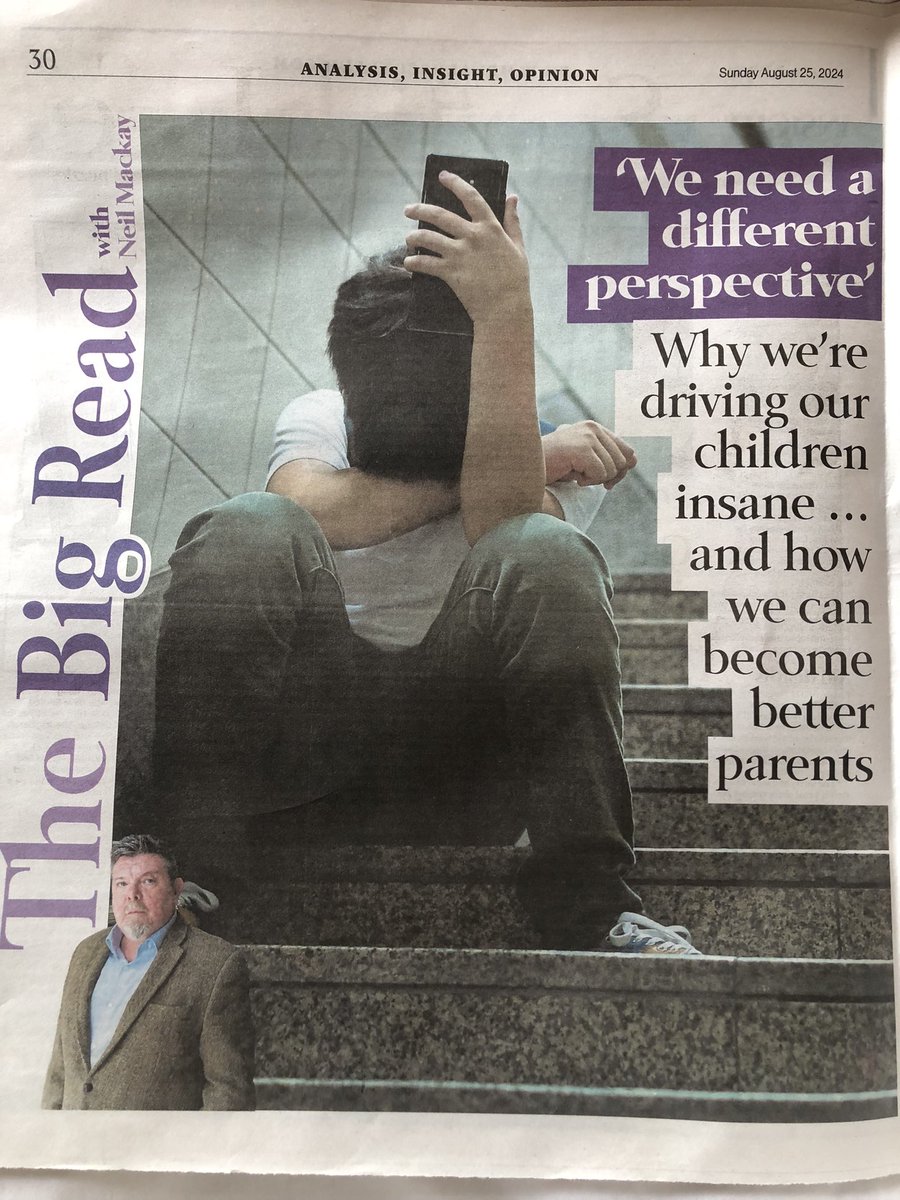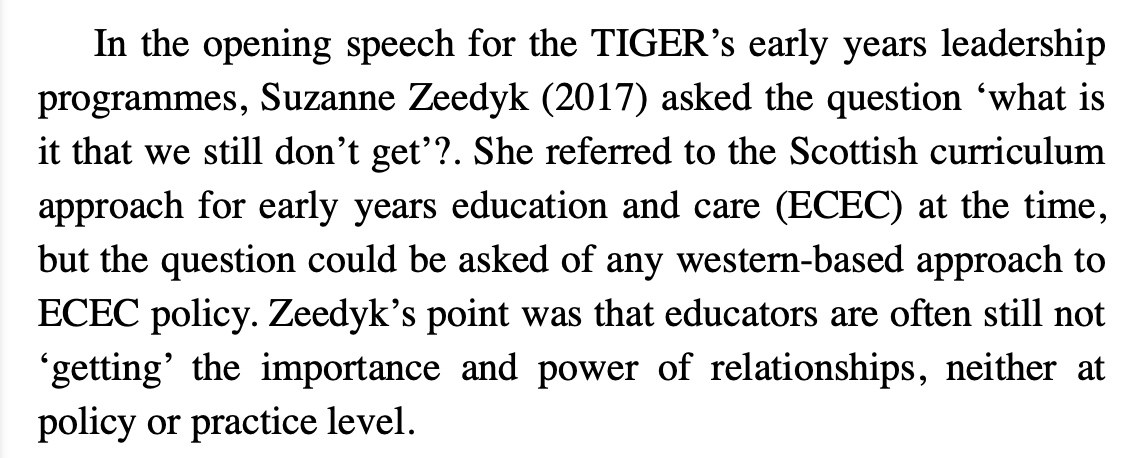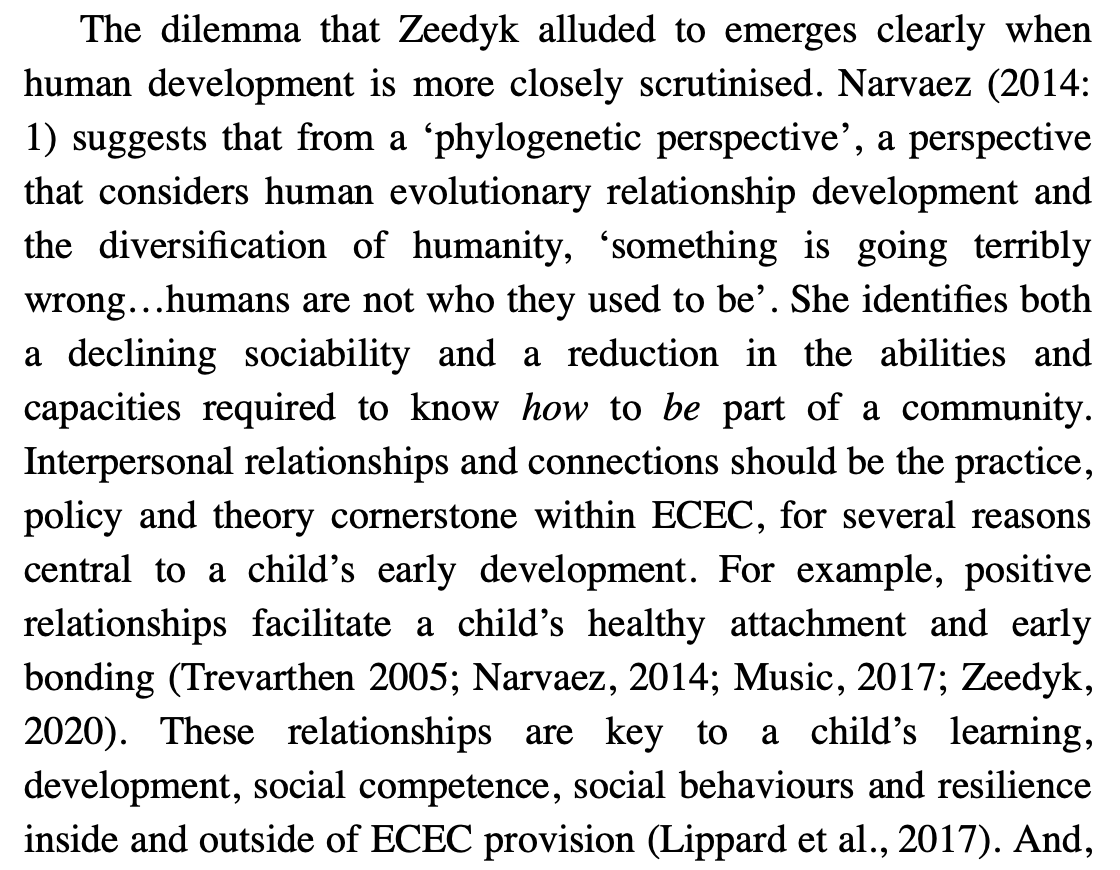False Memory Syndrome.
What it is & what it isn’t.
A brief history.
Because this dying concept is suddenly all over the newspapers & social media again. THREAD.
What it is & what it isn’t.
A brief history.
Because this dying concept is suddenly all over the newspapers & social media again. THREAD.

2. After ths wkend’s news rounds, I thought a bit more history might help. The papers imply “false memories” are rather like amnesia. Wrong. Ths is a concept that emerged specificlly around child sexual abuse. How do I know? I co-authored a book on it in 2000 w/ @routledgebooks . 



3. The term 'False Memory Syndrome' emerged in t early 1990s in USA, when several parents were accused by adult daughters of sexual abuse. The memories had often been recovered in therapy. Together, t parents argued these recovered/repressed memories were inaccurate, 'false'. 

4. The idea there might a 'syndrome' caught t attn of t public. Could memories be forgotten/repressed & then later recalled? Would they be reliable? Were therapeutic practices trustworthy? Scientific evidence around memory processes was consulted. A Foundation (FMSF) was formed. 

5. And then t idea spread beyond t US, to Australia & the UK. The British False Memory Society (BFMS) was set up in 1993 by a father who argued he had been falsely accused by his daughter. The Royal College of Psychiatrists created a working group & report on the debate in 1997. 

6. I'm trying to give these details from the history because it lets ppl have some idea of where this terminology that has suddenly appeared in the papers comes from. Here's a scary insight: its use has precedents in US & UK courtrooms. (That's why we wrote the book.)
7. The papers this weekend cite t name Prof Elizabeth Loftus. She's a cognitive research psychologist whose work focuses on memory processes. Her frequent contributn to FMS cases raises a questn that courts always ask themselves: Who can help us in gatherng/understandng evidence?
8. And here is where our book stepped in to critique of FMS. Evaluations of memory processes were not *contextualised* within t centuries of doubt that exist about women's/children's accusations of sexual violence & trauma. I have talked about ths before.
https://twitter.com/suzannezeedyk/status/1444222980033232904?s=20
9. It is essential to understand *how much resistance* there is to facing up to the sexual trauma that children & women in our society face. Children & adult survivors are still met w/ disbelief. @margl43 of @children1st made the same point this weekend.
https://twitter.com/margl43/status/1482664232286134274?s=20
10. The term FMS appears less often now. The FMSFoundation quietly folded in 2019. Here is a history from t @ISSTD Society if you would like more info. Quote: "The FMS movement enabled society to ignore a whole new generation of abused children." news.isst-d.org/the-rise-and-f… 

11. So what's my point? Andrew's lawyer's claims of False Memories aren't random. This framing has 3 decades of use in Western courtrooms. That is deeply unsettling. Those decades follow centuries of courts disbelieving women's claims of sexual violence. Women like Ms Giuffre. 

12. We're going to hear a lot about ths case. Every time it appears on t front pages & in social media posts it will *trigger* millions of adults who experienced this terror as children. (My sincere apologies to anyone triggered by this very thread.) The trauma ripples...
13/end. These days we are more likely to hear t term 'trauma' than 'FMS'. I think it helpful to see the continuity. I hope it helps make sense of t media coverage to come...
I end thinking of all t survivors who found t courage to speak out. And those who chose not to.
I end thinking of all t survivors who found t courage to speak out. And those who chose not to.
@paulinescott222 @DirectorVRU @JohnCarnochan @dvsouthbham @RASASC_London @rapecrisisscot @RapeCrisisEandW @RapeCrisis_NI @RapeCrisisEandW @Graham_Goulden @SteelSusie @katesilverton @madisonmitchel1 @JudgeWren @janehmul @JANEOROURKE @Dr_Pam_Jarvis @dr_treisman @_LisaCherry
• • •
Missing some Tweet in this thread? You can try to
force a refresh





















